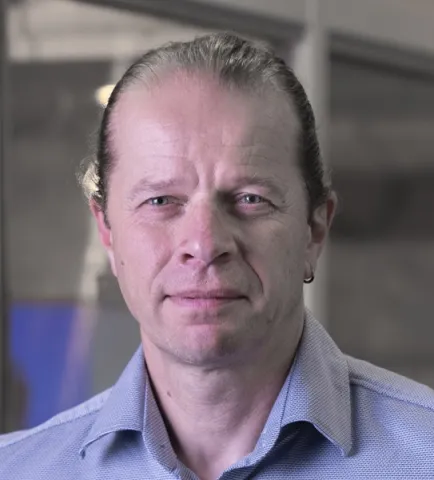About the project
This project will address the challenge of obtaining quality crystals for diffraction by co-crystallising with a second component. This method will be applied to characterise metabolites and impurities in agrichemicals, accelerating the discovery of new compounds. The chaperone approach aims to be impactful in agriculture and other fields generating new materials.
Structure determination by diffraction requires an appropriate quality crystal, which is challenging for certain compounds or minute quantities of material. Co-crystallising with a second component with the propensity to partner with other molecules, can address this and will be applied to characterisation of metabolites and trace impurities in manufacturing agrichemicals.
Structurally identifying materials that don’t crystallise readily could accelerate discovery of new lead compounds where products are characterised in the solid state such as agrichemicals and pharmaceuticals. Also, materials are often generated in minute amounts, particularly by-products such as metabolites in biological systems, or impurities in manufacturing. Considerable effort is currently devoted to scale-up of these trace components to determine their influence and effect via solid-state characterisation.
Binding the analyte with a 'chaperone' molecule and then forming a crystal removes the need for this expensive process. You will explore published chaperones alongside candidates you identify, research their structural properties, develop protocols to enable widescale use and explore new applications. The expectation is that the chaperone approach will not only be of great impact on sustainable and efficient agriculture but also be generally applicable and so has the potential to be transformational in all fields that generate and engineer new materials.
Southampton hosts the UK National Crystallography Service and the National Electron Diffraction Facility, so you will be working with the most advanced equipment of its type in the world, in a world-leading crystallography research laboratory alongside one of the largest groups of experts in the country. This research is sponsored by Syngenta R&D in Bracknell (UK), an international agrichemicals company whose samples you will work on and where you will have a 3-month (minimum) placement.
You will receive comprehensive training in crystallographic techniques, including single crystal X-ray and electron diffraction methods. Complementary training in a suite of analytical chemistry methods, such as chromatography, mass spectrometry and NMR. There will be opportunity to attend summer schools in these fields.
